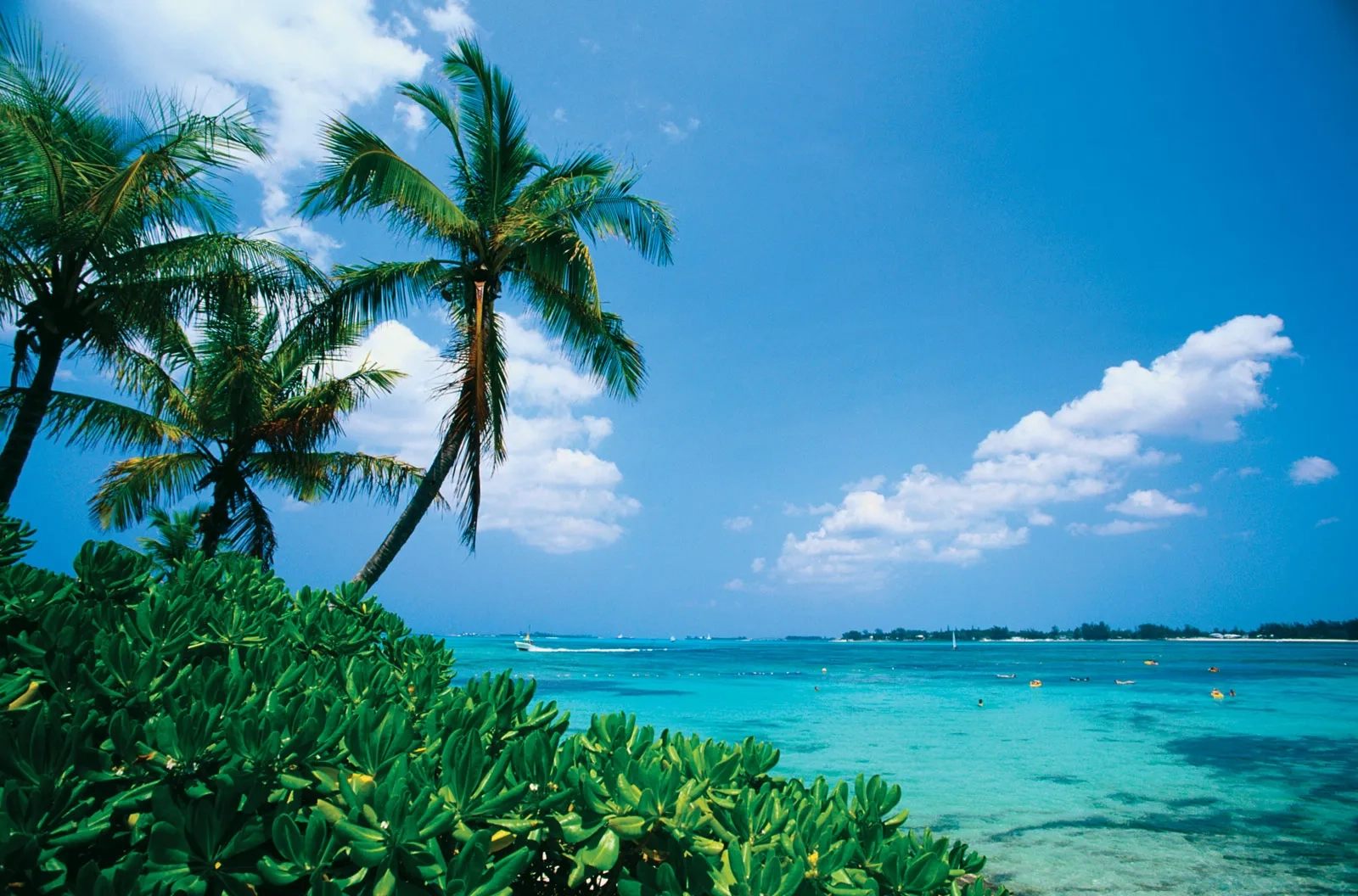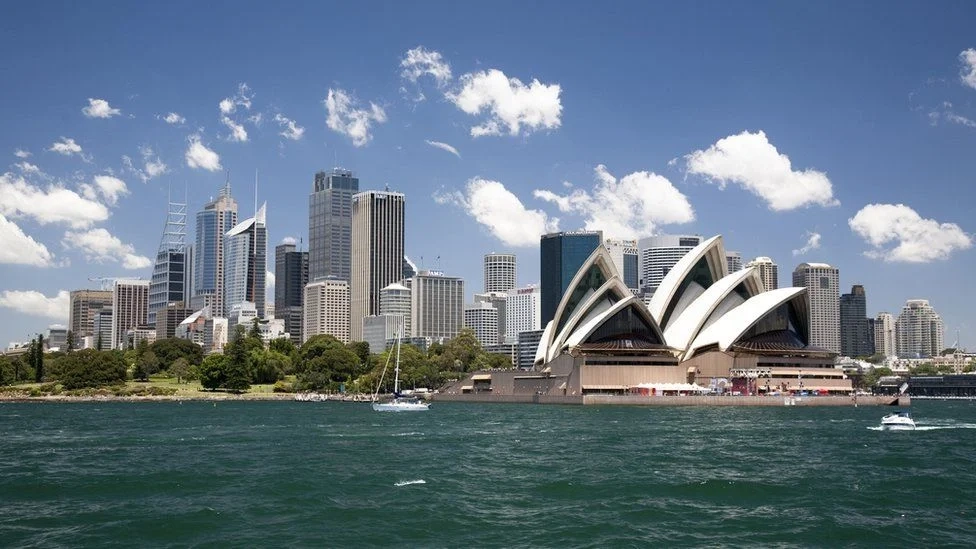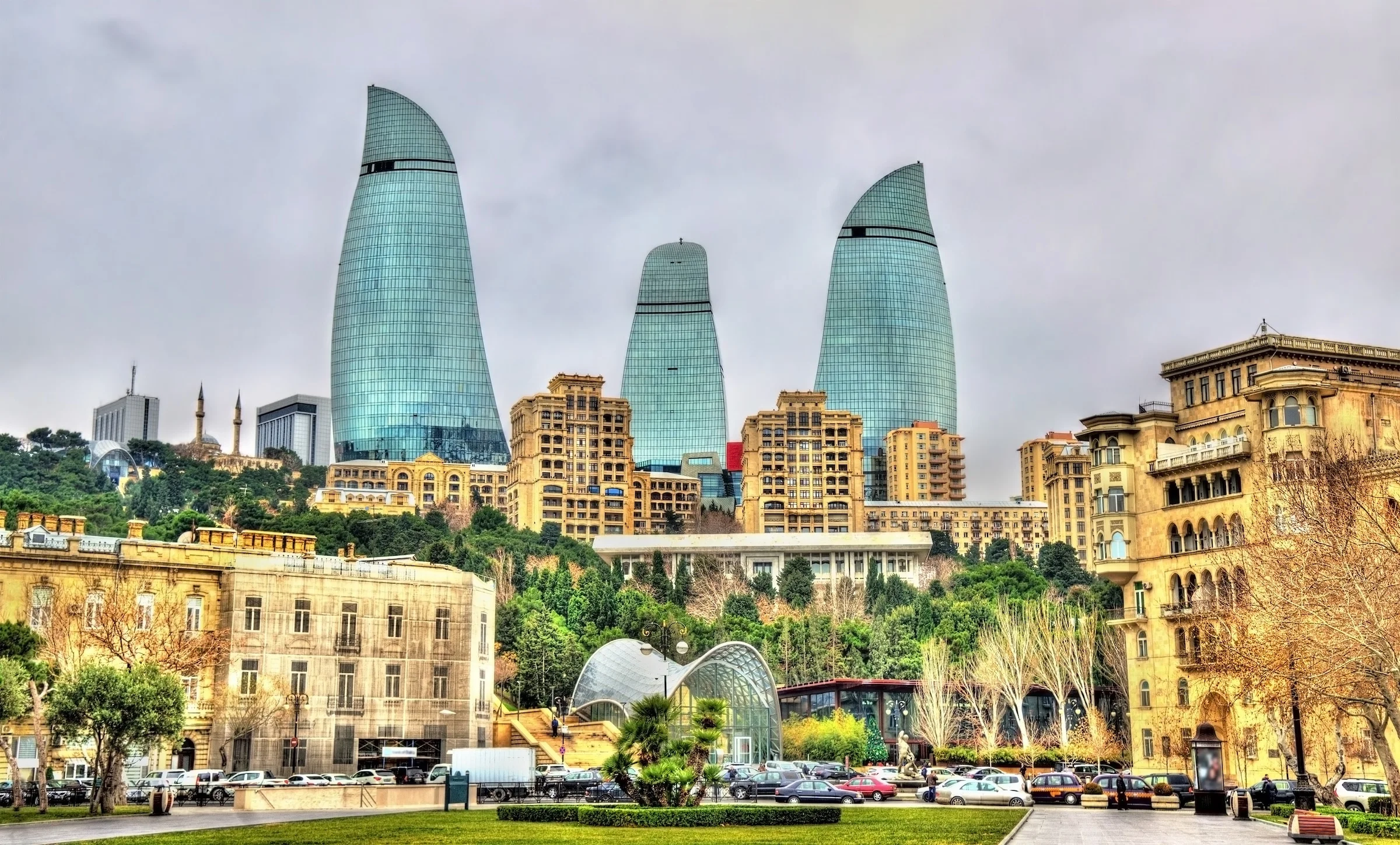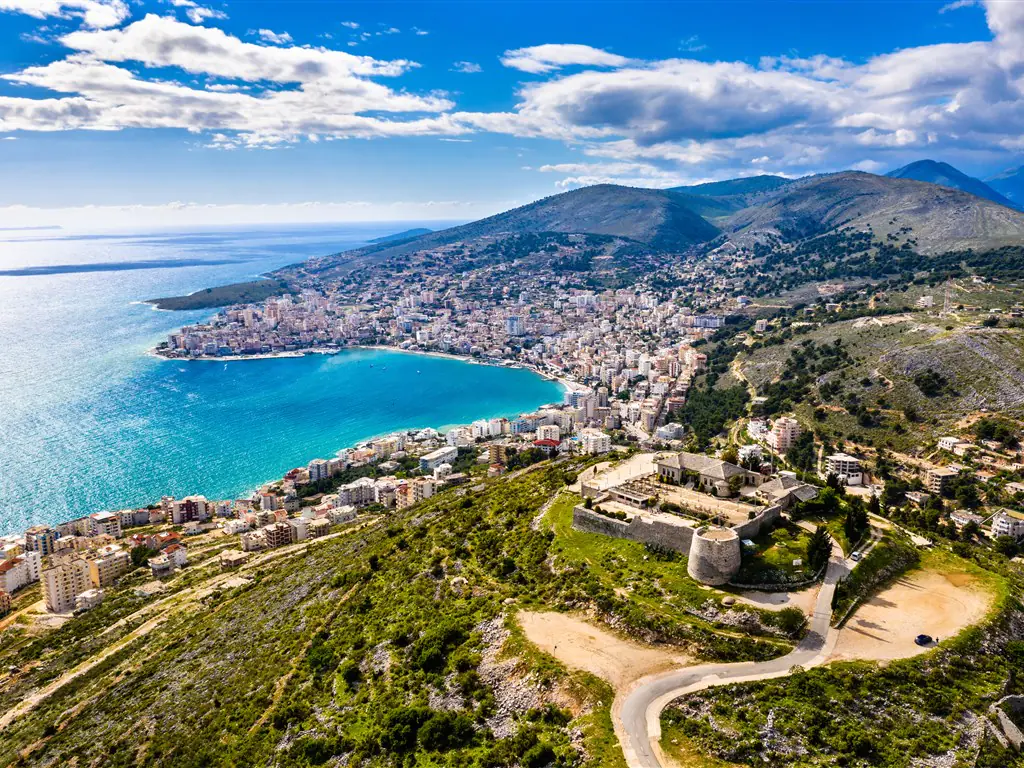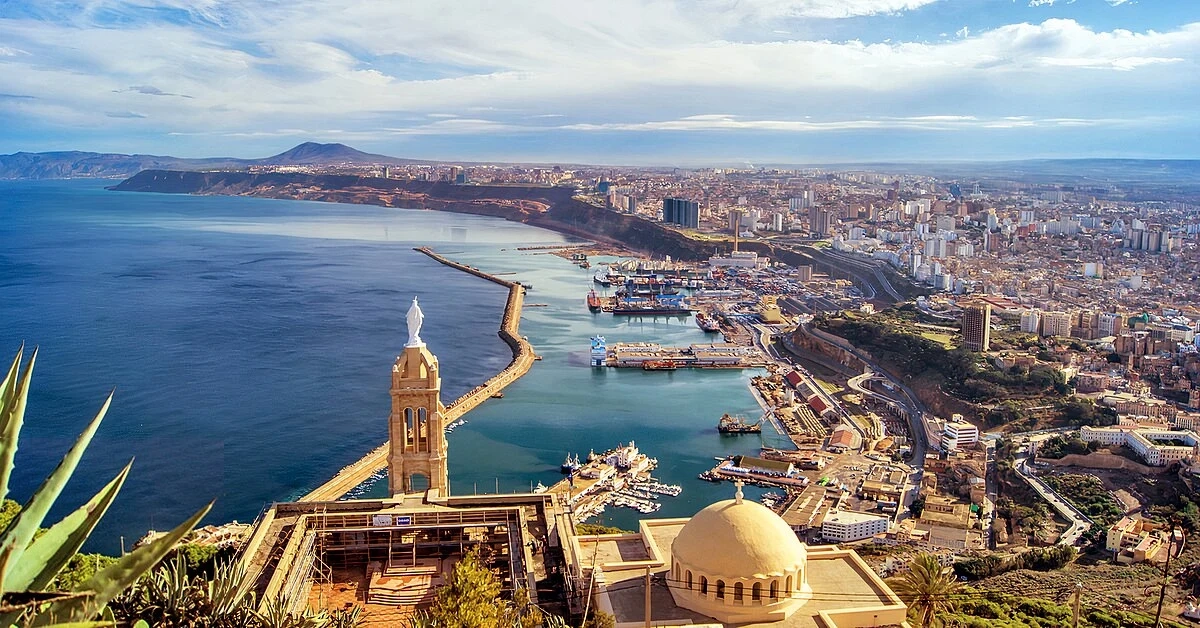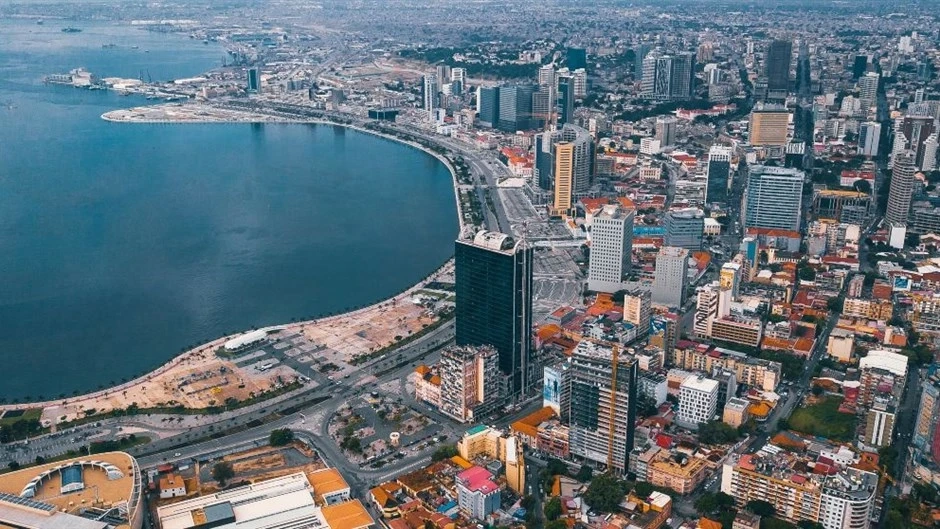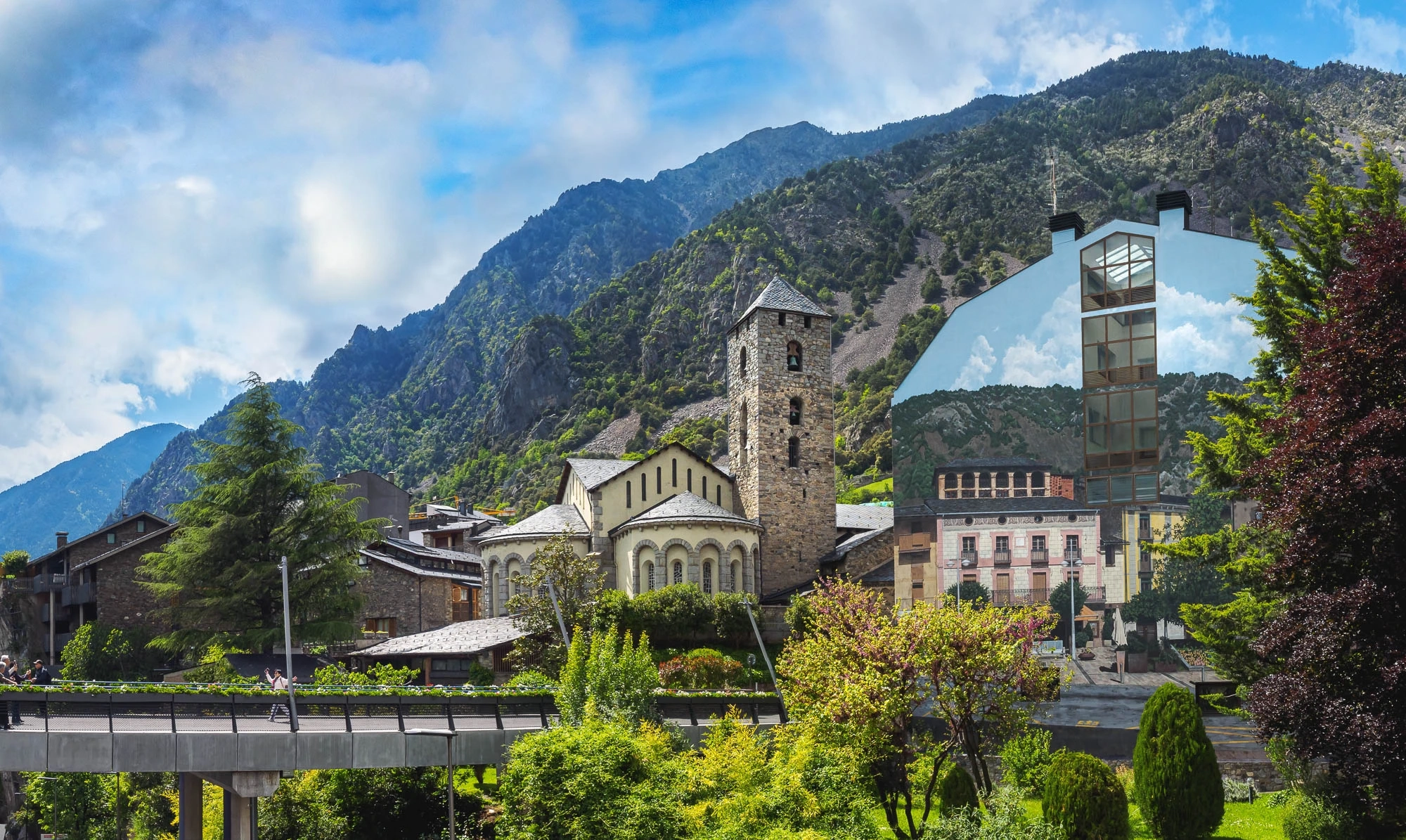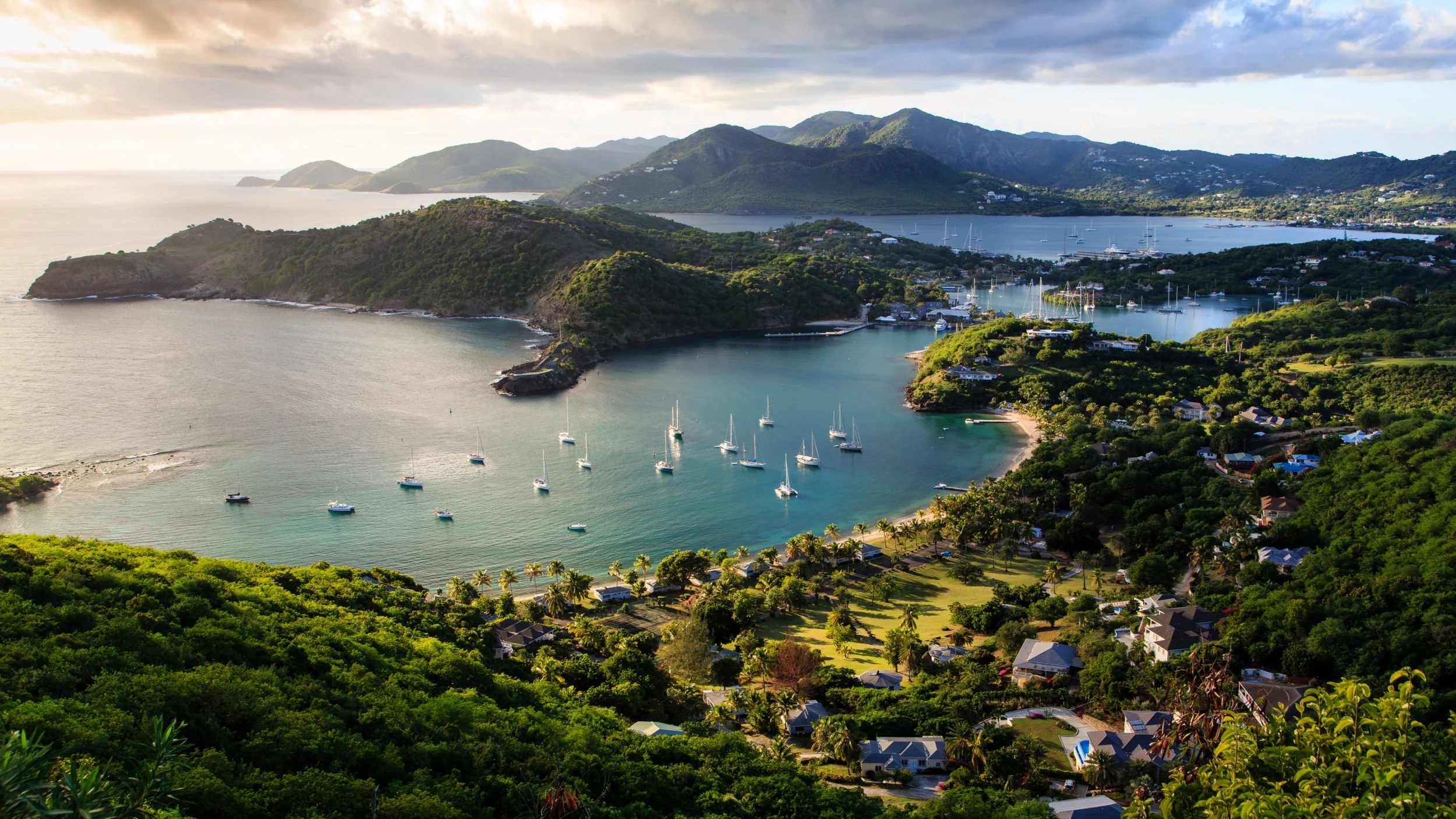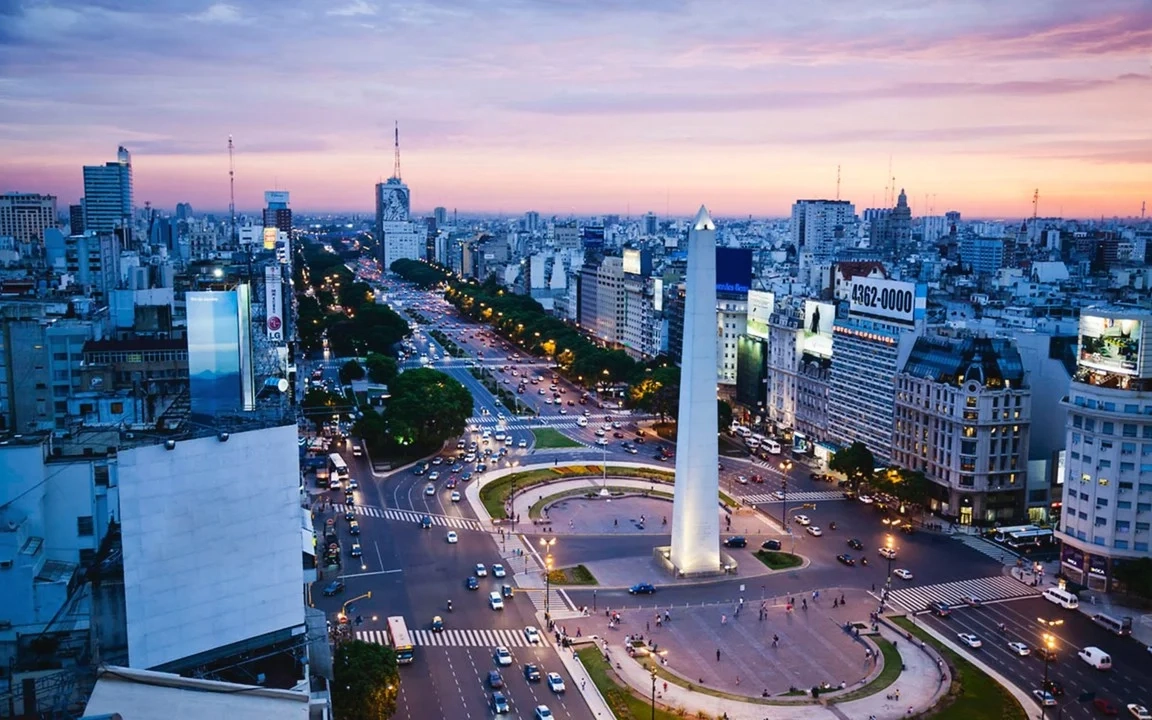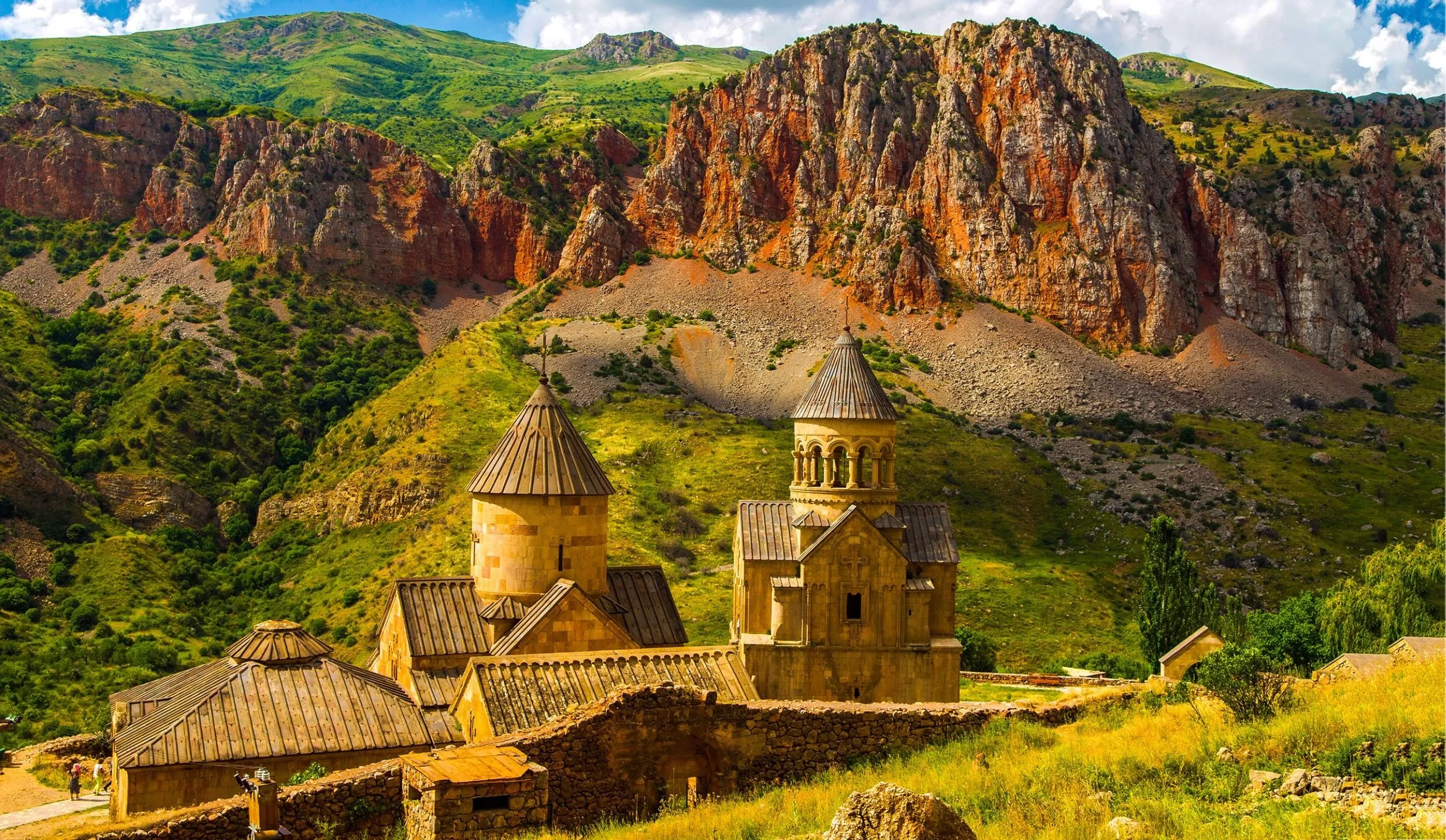1. Nassau: The capital city of the Bahamas, Nassau, is known for its vibrant culture, colonial architecture, and bustling markets. Visitors can explore historic sites like the Queen's Staircase and Fort Fincastle, as well as enjoy the lively atmosphere of the Straw Market.
2. Paradise Island: Connected to Nassau by a bridge, Paradise Island is famous for its luxurious resorts, including Atlantis Paradise Island. It offers beautiful beaches, water parks, and a range of recreational activities.
3. Exuma Cays Land and Sea Park: Nature enthusiasts will appreciate the Exuma Cays Land and Sea Park, a protected marine reserve. It features crystal-clear waters, vibrant coral reefs, and diverse marine life, making it an ideal destination for snorkeling and boating.
4. Grand Bahama Island: Grand Bahama Island is the northernmost of the Bahamian islands and offers a mix of pristine beaches, nature reserves, and cultural experiences. Lucayan National Park, with its underwater caves, is a popular attraction.
5. Andros Island: Andros is the largest island in the Bahamas and is known for its vast, unspoiled landscapes. Visitors can explore the blue holes, freshwater lakes, and the Andros Barrier Reef, the third-largest coral reef system in the world.
The best time to visit the Bahamas depends on your preferences and the type of activities you want to enjoy. Generally, the Bahamas experiences a tropical climate with warm temperatures throughout the year. Here are some considerations for different times of the year:
• High Season (December to April): This period is considered the high season, attracting the most visitors. The weather is pleasant with temperatures ranging 18-24°C. It's an ideal time for beach activities, water sports, and outdoor exploration.
• Shoulder Season (May to June): The shoulder season offers a good balance between pleasant weather and fewer crowds. Temperatures are slightly warmer, ranging 24-29°C. It's a great time for those looking to avoid the peak tourist season.
• Hurricane Season (June to November): The Bahamas experiences hurricane season from June to November, with the highest risk of hurricanes and tropical storms occurring from August to October. While prices may be lower during this period, there is a risk of severe weather disruptions. If you choose to visit during this time, it's important to monitor weather forecasts closely.
If you are planning a trip to the Bahamas, you will need:
• Valid passport (with a minimum validity of 6 months after leaving the territory of the Bahamas)
• Visa (depending on your citizenship and country of residence)
• Return ticket or a ticket for further travel to another country
• Travel insurance
• Confirmation of sufficient funds for your stay on the islands
• Confirmation of hotel or other accommodation reservation
• Certificate of vaccination against yellow fever (if you come from countries with a high risk of yellow fever transmission)
Visa to the Bahamas: who needs it and how to get it
Do I need to apply for a visa to the Bahamas? Most citizens of the world can travel without a visa, but there are those who need an entry visa.
- Holders of American passports can enter the Bahamas without a visa for up to 8 months. For US citizens, a valid US passport is required to re-enter the United States.
- Canadian citizens need a visa only if their stay in the Bahamas exceeds 8 months.
- Permanent residents of Canada are allowed to stay in the Bahamas without a visa for up to 30 days. To cross the border, you need to have a permanent resident card and a return air ticket.
- Indian nationals who hold a valid visa or a valid permanent resident status of the United States, the United Kingdom, Canada and Schengen countries, holders of diplomatic or official passports do not need a visa to enter the Bahamas. All other Indian nationals require visas.
To find out in more detail whether you need a visa to the Bahamas, as well as for how long you can enter the country without a visa, depending on your citizenship, use the search engine on the page by entering your citizenship.
An entry visa to the Bahamas is a type of short-stay visa that allows you to stay in the Bahamas for up to 3 months.
Citizens of countries requiring a visa need to apply at the nearest Bahamas embassy/consulate.
1. Contact the diplomatic mission of the Bahamas (contacts can be found here) to book a visa application appointment.
2. Obtain a visa application form from the Embassy of the Bahamas and fill it out in PRINTED LETTERS.
3. Collect and submit the application along with the required package of documents to the Bahamas Embassy/Consulate in your country of residence (or the nearest one).
4. Wait for a response. You will receive a response to your visa application within two weeks.
Important: If you are a Bahamian citizen and want to sponsor a foreign family member or friend to come to you, you must apply for a Bahamian visa in person at the Consular Section of the Bahamas in Nassau.
The list of documents required to apply for an entry visa to the Bahamas
• A valid passport.
• Two passport-size photos.
• A completed visa application form.
• Bank statements. This document must prove that you are financially stable and can support yourself during your stay in the Bahamas.
• Medical (travel) insurance.
• Confirmation of a place of residence in the Bahamas (rental agreement, hotel reservation, etc.).
• Letter of invitation (issued by your family members or friends. It confirms that someone is waiting for you in the Bahamas and you have a place to stay in the Bahamas).
• Flight itinerary. A document that describes in detail the procedure of your flight, including the date and time of departure, the name of the airline, your return ticket, etc.
Please note!
Any missing document may result in your visa application being denied, so make sure you have collected all the documents required by the Bahamas Embassy/Consulate.
• Air Travel: The Bahamas has several airports, and air travel is a common way to move between islands. Prices for domestic flights can vary, but a one-way ticket between major islands might cost between $100 and $200 USD.
• Water Taxis: Water taxis are a popular mode of transportation between islands, especially in the Exumas and the Out Islands. Prices can vary, but a water taxi ride might cost around $20 to $50 USD per person for a short journey.
• Ferries: Ferries operate between Nassau and nearby islands like Paradise Island. Prices for ferry rides can range from $4 to $8 USD, depending on the route and the class of service.
• Buses: Buses are available on New Providence Island. Fares are relatively inexpensive, with prices ranging from $1.25 to $3.00 USD per person for a one-way ticket.
• Taxis: Fares are regulated, and there is a standard rate depending on the destination. For example, the initial charge might be $3.00 USD, and additional charges are applied per mile.
• Car Rentals: Rental prices vary depending on the type of vehicle and the rental duration. On average, daily rates can range from $50 to $100 USD or more.
• Bicycles and Scooters: In some areas, you can rent bicycles or scooters for a fun and eco-friendly way to explore. Prices can range from $15 to $40 USD per day.
Free Import:
• Personal Items: Travelers are allowed to bring personal items for their own use without duty. This includes clothing, toiletries, and similar personal effects.
• Tobacco and Alcohol: Adults are usually allowed to bring a limited amount of tobacco and alcohol for personal use without incurring duties.
Restricted Items:
• Firearms and Ammunition: Strict regulations govern the import of firearms and ammunition. Travelers must declare these items, and permits are required.
• Plants and Agricultural Products: Certain plants, fruits, vegetables, and agricultural products may be subject to restrictions to prevent the introduction of pests and diseases.
• Unlicensed Medications: Some medications may require special permits. It's advisable to carry a prescription for any necessary medications.
Prohibited Items:
• Illegal Drugs
• Counterfeit Goods
• Obscene Material
Currency and Monetary Instruments:
• Travelers entering or leaving the Bahamas with currency or monetary instruments exceeding $10,000 (or its equivalent in other currencies) must declare the amount to customs.
• National emergency medical services - 911, 919, (242) 323-2586
• AAS Lifeflight (Air Ambulance) - (242) 377-1606 or (242) 323-2186
• Police - 911, 919, (242) 322-4444
• Fire - 919
